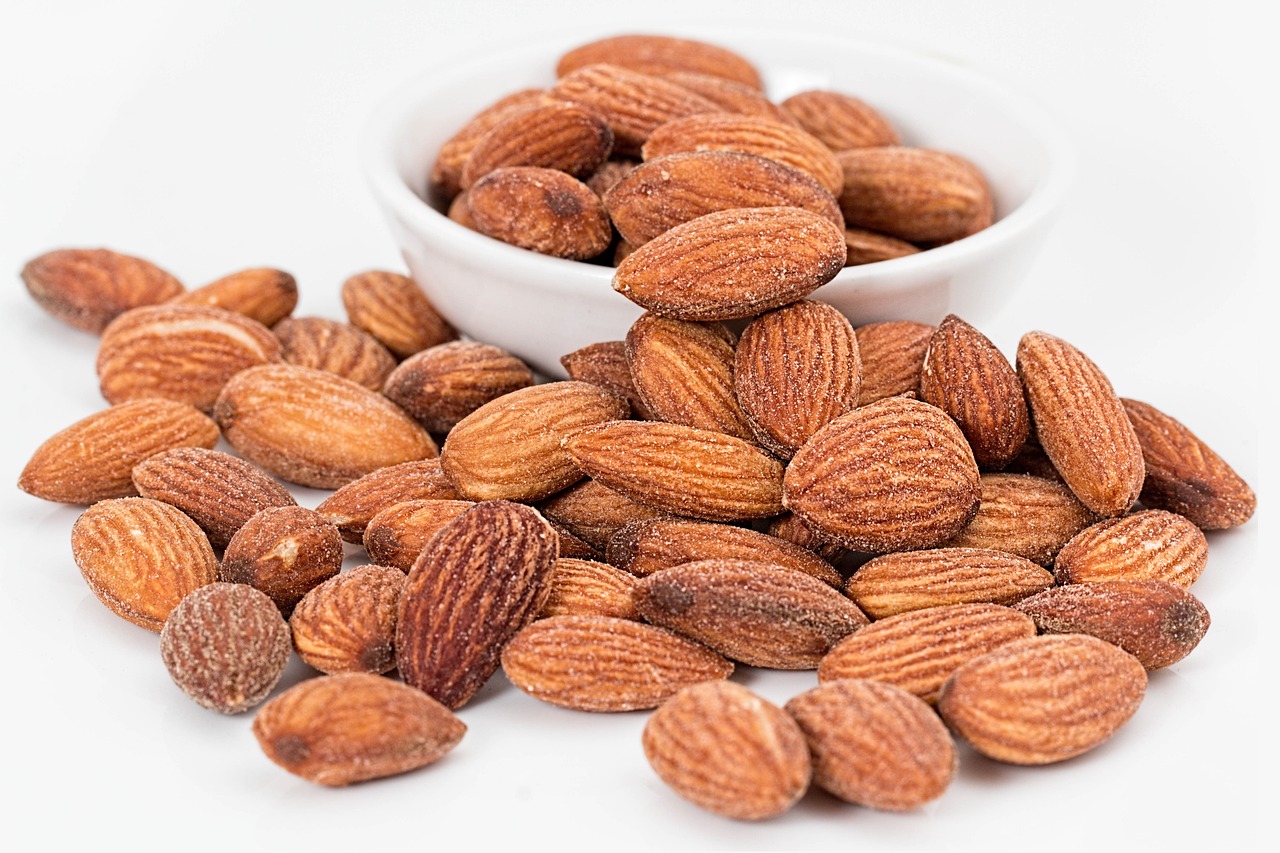“`html
In today’s fast-paced world, where health and wellness have taken center stage, diet plans have become a focal point for many looking to achieve their fitness goals. From weight loss to muscle gain, there are numerous strategies and dietary approaches tailored to meet diverse needs. Understanding the various types of diet plans available, along with their potential benefits and challenges, can empower individuals to make informed choices about their nutrition and overall health.
Understanding Diet Plans
What is a Diet Plan?
A diet plan is a structured approach to eating that provides guidelines on what to eat, when to eat, and how much to eat. These plans can vary significantly based on individual goals, dietary preferences, and restrictions. They are designed to help people manage their weight, improve health, and achieve specific fitness objectives.
Benefits of Following a Diet Plan
- Provides structure and accountability
- Helps achieve specific health goals
- Promotes healthier eating habits
- Can lead to significant weight loss
- Encourages mindful eating
Types of Diet Plans
1. Ketogenic Diet
The ketogenic (keto) diet emphasizes low carbohydrate intake, with a focus on high fats and moderate protein consumption. By pushing the body into a state of ketosis, fat becomes the primary source of fuel.
- Key Principle: High-fat, low-carb
- Common Foods: Avocado, nuts, cheese, fatty fish, and green vegetables
Example Meal: Scrambled eggs with spinach and feta cheese for breakfast.
2. Mediterranean Diet
This diet draws inspiration from the traditional eating habits of countries bordering the Mediterranean Sea, focusing on whole foods, healthy fats, and plant-based options.
- Key Principle: Whole foods, healthy fats
- Common Foods: Fruits, vegetables, whole grains, fish, olive oil, and nuts
Benefits: Rich in antioxidants and healthy fats that can provide numerous cardiovascular benefits.
3. Intermittent Fasting
Intermittent fasting is not about what to eat but rather when to eat. This approach cycles between periods of eating and fasting, promoting calorie restriction without explicitly limiting the types of foods consumed.
- Popular Methods:
- 16/8 method (fast for 16 hours and eat within an 8-hour window)
- 5:2 method (consume 500-600 calories for two non-consecutive days of the week)
Example: An individual might skip breakfast and eat from noon to 8 PM.
4. Plant-Based Diet
A plant-based diet prioritizes whole plant foods while minimizing or eliminating animal products. This approach can vary in strictness from vegetarian to vegan diets.
- Key Principle: Focus on plant foods
- Common Foods: Fruits, vegetables, beans, whole grains, nuts, and seeds
Benefits: Lower risk of chronic diseases and improved heart health.
Choosing the Right Diet Plan
Assessing Your Goals and Lifestyle
When selecting a diet plan, it’s essential to consider personal goals, dietary preferences, and lifestyle factors.
- Goals: Weight loss, muscle gain, improved energy levels, or general health
- Preferences: Food preferences, cooking skills, and time availability
Consulting with Professionals
Before making significant dietary changes, it’s advisable to consult with healthcare providers or registered dietitians. They can provide personalized recommendations based on individual needs and conditions.
Creating a Sustainable Diet Plan
Tips for Maintaining Your Diet
- Meal Preparation: Plan and prep meals in advance to avoid unhealthy choices.
- Stay Hydrated: Drinking plenty of water is crucial for overall health.
- Listen to Your Body: Pay attention to hunger and fullness cues.
Example: Dedicate Sundays to preparing batch meals for the week to ensure healthy choices are readily available.
Monitoring Your Progress
Keep track of your dietary habits and progress. Consider using an app or journal to log your meals, exercise, and how you feel.
Conclusion
Diet plans can play a pivotal role in achieving your health goals, whether it’s losing weight, building muscle, or simply eating healthier. By understanding the different types of diet plans, assessing your own goals, and maintaining a sustainable approach, you can make informed decisions that benefit your well-being. Remember, the most effective diet is one that fits your lifestyle, preferences, and goals. Make gradual changes, seek professional advice, and enjoy the journey toward a healthier you!
“`



